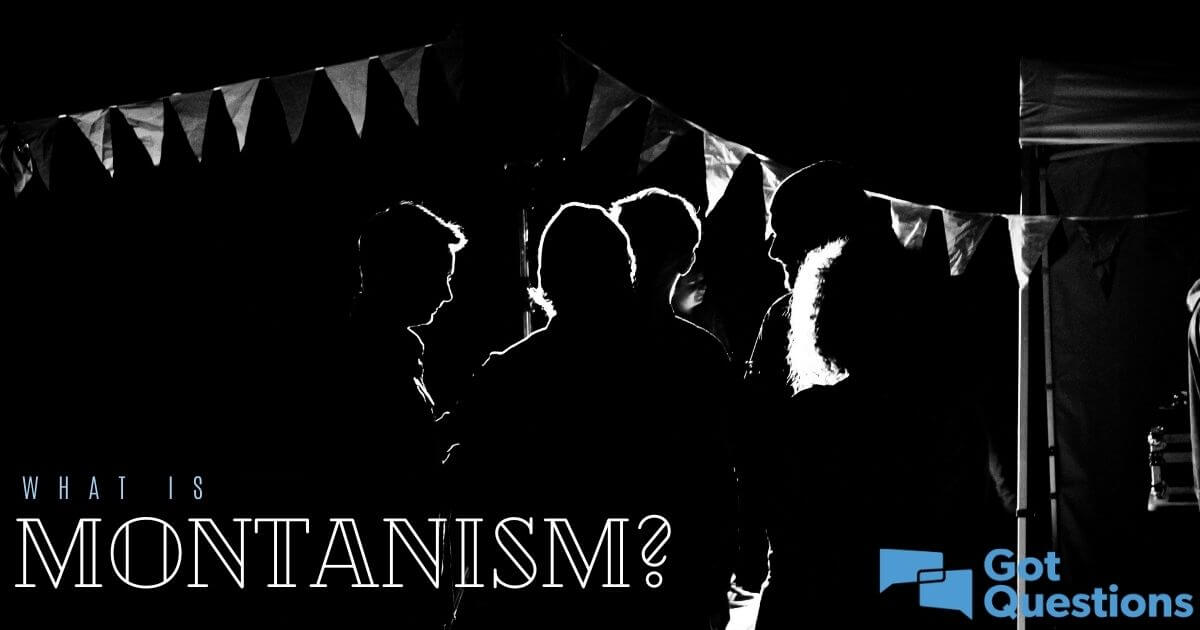CATHOLIC ENCYCLOPEDIA: Baptism No sign of being changed.
The Manuscript Evidence
There are no known ancient manuscripts of Matthew which contain the ending of Matthew but lack this final episode or that contain it without the Trinitarian formula. Our earliest manuscripts are, of course, fragmentary in places and are missing portions of thMatthewe text due to damage, but every ancient manuscript where the final pages of Matthew have survived contains the account of Jesus giving the great commission and includes the command to baptize in the name of the Father, Son, and Holy Spirit. This is not only true of the Greek manuscripts, but also of the translations of Matthew into other ancient languages. So the manuscript evidence is 100% unanimously in agreement on the ending of Matthew and on the Trinitarian formula. Any theory that wishes to assert that these words are not part of the original has to go outside of and against the actual physical evidence.
The Early Church Writings
There is secondary evidence in the earliest church writings. Our copies of such writings are typically fewer and later than our copies of actual biblical manuscripts, so the manuscripts are far more important to consider when determining the original text, but quotations from early Christian sources are still worth noting and can often provide additional insight. The Didache, considered to be one of the earliest Christian documents outside the New Testament itself, contains instructions on baptism, stating:
“Having first said all these things, baptize into the name of the Father, and of the Son, and of the Holy Spirit, in flowing water,” (Didache Chapter 7).
The Didache does not explicitly claim to be quoting the Gospel of Matthew, but it contains numerous striking parallels with Matthew that have led many scholars to suspect that Matthew’s Gospel was a primary source for the Didache. For example, the Didache contains the Lord’s Prayer almost word for word from Matthew (Didache Chapter 8, Matthew 6:9-13) and concludes with warnings about the end times (Didache Chapter 16) remarkably similar to those in Matthew 24. Even if one argues that the Didache is not citing Matthew and instead preserves the same words of Jesus independently of Matthew, it then provides us an additional witness that Jesus really did teach these things, including the Trinitarian formula in His command to baptize.
Justin Martyr, a Christian living in the region of Samaria in the early second century, also affirms that baptism in the name of the Father, Son, and Holy Spirit was the practice of the earliest churches.1 Again, Justin does not explicitly cite Matthew as his source, but this additional very early testimony of the Trinitarian formula at baptism is striking. It is also worthy of note that Justin’s student, Tatian, produced a harmony of the four Gospels into one narrative called the Diatessaron which contains the words of Matthew 28:19-20, including the Trinitarian formula.2 Thus, not only is Tatian another early witness that the words were authentically part of Matthew’s gospel, he gives us good reason to think that this is where Justin and his contemporaries derived their practice.
Even the sub-orthodox and often outright heretical “Clementine Homilies” affirm that baptism in the name of the Father, Son, and Holy Spirit was the teaching of Jesus and the practice of the early church, and do so through mixing together quotations from the canonical gospels, including Mattew 28:19.3
Irenaeus of Lyons, another important Christian writer of the second century, quotes Jesus as saying:
“Go and teach all nations, baptizing them in the name of the Father, and of the Son, and of the Holy Ghost,” (Against Heresies, Book 3, Chapter 17, Section 1).
Irenaeus, again, does not directly mention deriving this quote from Matthew’s gospel, but he does explicitly say that these were the words of Jesus. Irenaeus acknowledges only the four canonical gospels, and indeed defends the exclusivity of these four gospels a little earlier in the very same book,4 so there is no other plausible source for this quote.
Origen, a writer of the early third century, wrote probably the earliest commentary on Matthew. In it, he cites and expounds on Matthew 28, including the Trinitarian formula.5 He makes a passing reference to the passage as the “words recorded in Matthew” in his Commentary on the Book of John,6 though there he is not specific on the passage’s wording. Taken together, Origen supplies ample evidence that this text was originally part of the Gospel, and cites the passage as containing the Trinitarian formula.
Tertullian, a writer of the late second and early third centuries and the first major theologian to write in Latin rather than Greek, said:
“Accordingly, after one of these [the twelve apostles] had been struck off, He commanded the eleven others, on His departure to the Father, to ‘go and teach all nations, who were to be baptized into the Father, and into the Son, and into the Holy Ghost,'” (A Prescription Against Heretics, Chapter 20).
And elsewhere he writes:
“For the law of baptizing has been imposed, and the formula prescribed: ‘Go,’ He saith, ‘teach the nations, baptizing them into the name of the Father, and of the Son, and of the Holy Spirit, (Tertullian, On Baptism, Chapter 8)
So, the early church was filled with references to these words, always attributed to Jesus and often explicitly said to be from the Gospel of Matthew. This only reaffirms what we find in the unanimous manuscript tradition.




